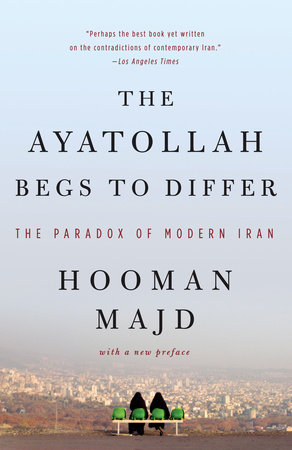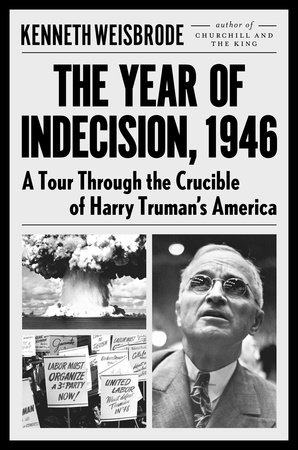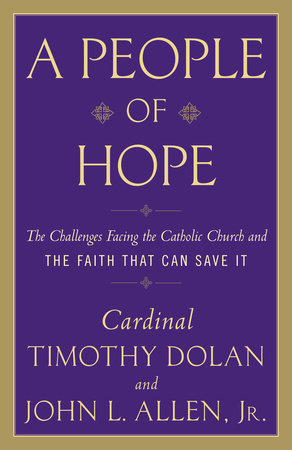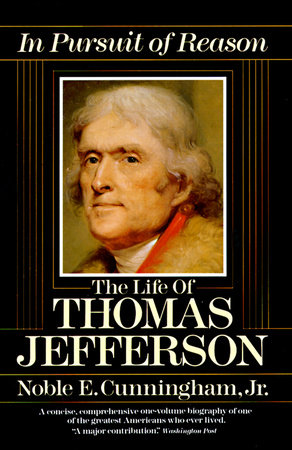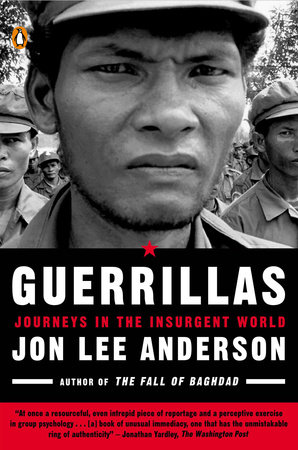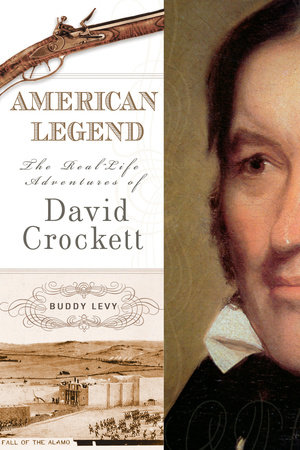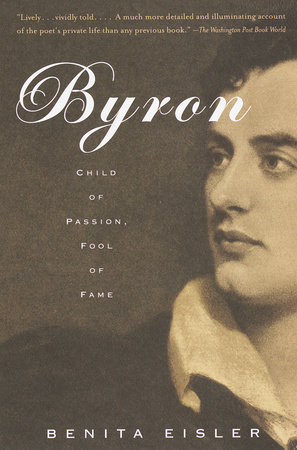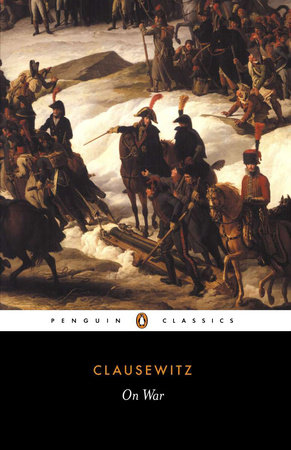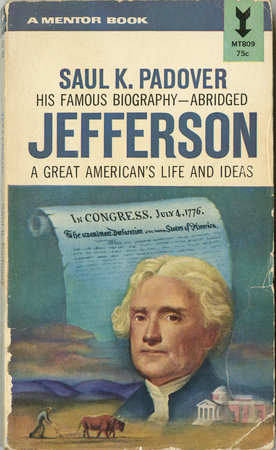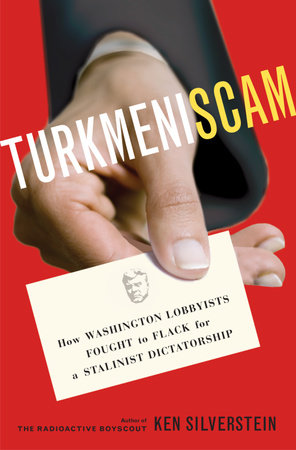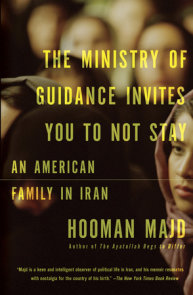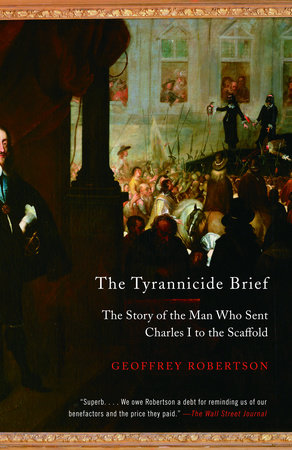Author Q&A
Q: Many Americans identify themselves with a hyphen—African-American, Indian-American, or Chinese-American—but you identify yourself as 100% Iranian and 100% American. What does this distinction mean to you, and why is it so important?A: I’ve never liked hyphenated labels. I like to think of myself as American, plain and simple, which may seem to run counter to multiculturalism, but is in fact most fully embracing of it. I also like to think of myself as Iranian, not filtered or watered down, or some alien form of Iranian who has little in common with his fellow citizens back home. I have two homes: Iran and America; two nationalities: Iranian and American; and both identities. If I identify myself as an Iranian-American, then I’m announcing to world that I am a special breed, which I’m not. I’m just an American who happens to also be an Iranian, or the other way around when I’m in Tehran. Q: How do you expect Barack Obama’s presidency will affect Americans’ understanding of Iran—and American perceptions of Iranian culture in particular?A: I think that the openness of the Obama presidency to viewing other cultures and countries with respect will have a strong long-term effect on American understanding of Iran. It will be hard to regard Iranians or Iranian culture as “the other” when we just voted “the other” into office here, so I imagine Obama’s own cultural philosophy will have a great effect on most Americans.Q: What do you think would surprise Americans most about Iranian perceptions of them?A: That they are greatly admired and even loved by the vast majority of Iranians.Q: Likewise, what do you think would surprise Iranians most about American perceptions of them?A: That Americans don’t all think Iranians are a bunch of terrorists.Q: You are the son of an Iranian diplomat under the Shah, and the grandson of a powerful ayatollah, which has given you unusual access to powerful figureheads and a nuanced understanding of the power struggle Iran is facing now—how have these relationships influenced and impacted your writing and role as a journalist?A: My writing and my journalism can be different, since when I write as a journalist I’m mindful to simply tell the truth as I see it, whereas in other writings I can freely express my own opinions. Whatever I’m doing, however, I do try to understand different points of view when it comes to politics or religion. I have always been very comfortable around people who I disagree with or even disapprove of; perhaps that’s the diplomat’s son (and nephew) in me. But it does allow one to gain the kind of insights and information someone who wears his politics on his sleeve would have harder time gaining. And of course it does allow for a more nuanced and perhaps more balanced kind of reporting. Q: You had a long career in the entertainment business working at Island Records, Polygram Records and Palm Pictures before devoting yourself fully to writing and journalism full time. What inspired this career change?A: I had always wanted to write (fiction), and in fact did before my career in the music business, but I found that selling short stories was hardly a way to make a decent living, while music and film, which I always loved, could not only be fun but richly rewarding. As the business started to change in the age of MP3s and downloads, I had to either try to still be relevant in a declining business, or start doing the thing I had always wanted to do in the first place. So I chose to devote myself to writing, an ageless, if not always richly rewarding, profession.Q: What are the similarities and differences between working with major Rock Stars like U2, Melissa Etheridge, Elton John, and Santana, and working as the acting translator for former Iranian President Mohammed Khatami and conducting meetings with political leaders like John Kerry about the current crisis in Iran? A: Rock stars and politicians are very similar; perhaps that’s why Bono likes to hang out with them. They all have a confidence, a vanity, that what they do is important, and it often is. Similarities abound, in everything from the “bubble” in which they all live to the legions of fans and groupies they attract (to say nothing of the media). Differences exist too: politicians tend to think mostly of grave issues and rarely about art; artists think about both. And of course famous artists are freer, and are less careful about their words and behavior than politicians. Of course some politicians think they are rock stars, such as Berlusconi, our own Bill Clinton and Eliot Spitzer, and most recently, John Ensign. Wait, did I say there were differences?Q: You are very well known for your impeccable style and in fact will be featured in an upcoming fashion spread in GQ. What kind of role does fashion and style play in your life? Why is it important? What are you drawn to? Are there any particular designers or figures that you find particularly inspiring?A: I’ve always been interested in how one presents oneself to the world, whether it’s in appearance or in one’s words and deeds. We are social animals, and I think we have an aesthetic obligation to society along with all our other obligations. Fashion is interesting when it’s art, and sometimes it is, but style is something entirely different. Style allows individuality, and if one is confident, no matter one’s style, it comes across as aesthetically pleasing. And since we all appreciate beauty and a sense of style, why shouldn’t it be important to us? I’m drawn to anyone with a sense of style as much as I am drawn to someone with a quick tongue and a sharp mind. Style is also never about money or how much one spends (which fashion can be), which makes good style that much more attractive. I appreciate and admire designers who are artists as far as I’m concerned, women’s designers such as Azeddine Alaia, and men’s designers such as Thom Browne, who I think is a genius of style. I also am inspired by writers who have or had taste and great style; Gay Talese, Ernest Hemingway, F. Scott Fitzgerald, Ian Fleming (who was as much about style in his life as he was about writing), and even Tom Wolfe. In music, Bryan Ferry has to be one of the most stylish singers around, and Charlie Watts the most stylish drummer ever. James Brown and Miles Davis were icons of style, too.Q: And lastly, you have long studied ashtanga yoga. What role does yoga play in your life? How does it help you as a journalist and thinker?A: I won’t deny practicing ashtanga (practice being the operative word here), but I think if I talk or brag about it, then I’ve missed the point of it, haven’t I?
